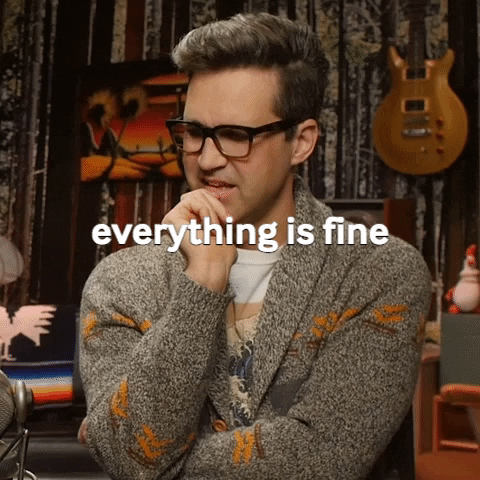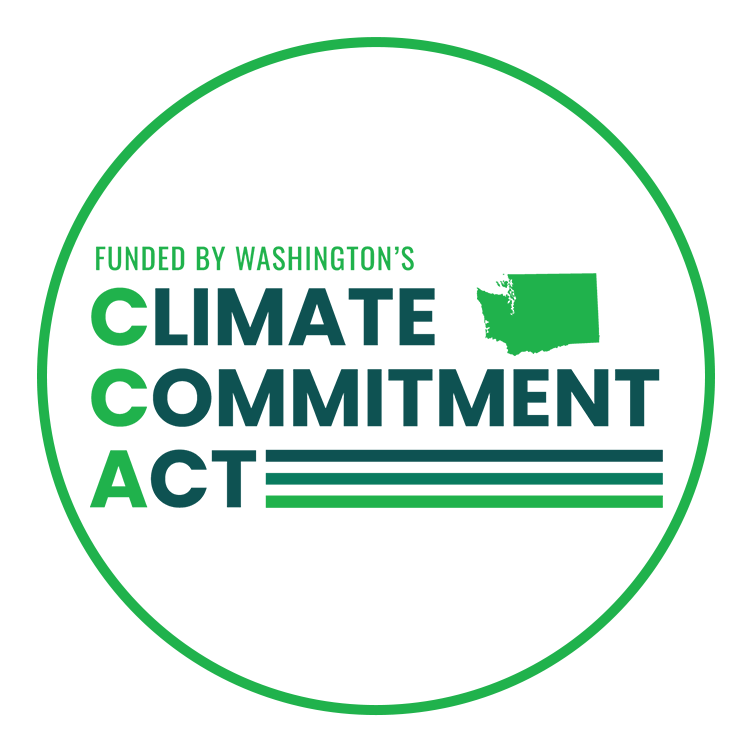State officials admit they make decisions based on ideology, not data

Washington State Department of Transportation (WSDOT) Secretary Roger Millar said the department is shifting to a “values-based, data-informed approach” in making choices. He added that the two values, or “themes,” by which WSDOT is measuring everything they do “are response to climate change and social equity – the need for racial justice – diversity, equity and inclusion.”
These comments were made at a recent American Public Transportation Association (APTA) event.
“I’ve always been a believer in using data, but data doesn’t make decisions. Models don’t make decisions. People make decisions. And so what I’ve been advocating for in my role is a values-based, data-informed approach coming out of this. So were going to have to make some decisions about how we’re going to invest that are based on our values as a state, as a community - and inform those decisions with the data that we’re seeing,” he said.
While it is fine for public agencies to determine their values, those values should not undermine the agency’s primary job of delivering the projects the legislature appropriates money for and making sure our transportation system is safe for the traveling public.
Unfortunately, the direction WSDOT appears to be going is one in which their idea of social justice trumps public demand for basic mobility and safety improvements to state highways and bridges. This is a pretty significant departure from WSDOT under former Secretary Doug MacDonald, who said, “what gets measured, gets managed.” Even as Secretary Millar says his decision-making is “data-informed,” WSDOT no longer measures traffic delays, despite having the tools to do so.
A recent example of how this “values-based” decision-making may play out practically: the state patrol reported over 200 instances of rock or debris being thrown along freeways near homeless encampments. This week, the state will work to remove homeless encampments along I-90, because this is a major public safety issue – both for those living in homeless encampments, as well as drivers and their families. That said, the Secretary indicated that the state “will not clear out other sites along highways” and that it’s “not humane” as only more “housing will solve the homeless problem.” In other words, WSDOT’s understanding of what is socially just trumps safety for the traveling public.
Another example is WSDOT’s efforts to take legislators’ transportation project lists and put them through a performance-based evaluation that includes an environmental and health equity screening “to ensure agency and stakeholder values are reflected.” The projects that meet environmental, health and equity objectives get the highest sores. The “experts” who would evaluate and rank the projects would be WSDOT staff themselves, of course. Amazingly, WSDOT staff admit they don’t know what “health equity” even means or how it would be measured in terms of transportation, as indicated in their own comments on a recent Senate bill draft that would add health to the state transportation policy goals (a draft obtained through public disclosure).

Comment from WSDOT above: "What does "overall health equity" mean? How is it measured in terms of transportation? Is this accessibility and/or active transportation measure? How do we measure any progress toward reducing health care costs? I think the goal should be more general. I also think it needs to include the words "active transportation."
They also admit that just as it’s challenging to understand the meaning of “health equity” in this context, so it is also challenging to come up with measures for their environmental goal.

Comment from WSDOT above: "This is the key - it's been very challenging for us to come up with measures for the environment goal (Sec. 2(e)). I expect the new health goal will be similarly challenging."
In other words, WSDOT’s lens through which they make decisions is amorphous and embarrassingly unclear even to agency staff themselves.
Unfortunately, this isn’t just happening at WSDOT. We see a shift away from data-based decision making to “values-based” decision making with the state’s Results Washington program as well.
The state’s Results Washington program tracked goals for CO2-reduction, but when the goals were repeatedly missed, officials removed them, saying they were shifting “away from the old data-only approach to a more human-centered approach that incorporates narratives.” The Results Washington web page explains, “Results WA moved away from tracking nearly 200 assorted performance measures,” focusing on more amorphous “key outcome measures” that have not yet been identified. This shift occurred after the original metrics showed the state was failing to meet virtually every environmental target. Of the areas where they claim Results Washington created “real results,” none are from the environment.

Unachievable (i.e. “ambitious”) targets with meaningless tracking have repeatedly shown to be toothless and do nothing to create the accountability necessary to achieve environmental goals. As the state failed to meet targets it set for itself, rather than improving performance to provide environmental improvement, the Inslee Administration simply removed the offending goals.
The experience with performance metrics created by WSDOT and Results Washington demonstrates that goals are guided by political expedience, not commitment to good governance. Rather than holding themselves to rigorous goals, WSDOT waters down standards, looking to data to support existing ideology rather than guide decision-making. Rather than using metrics to push improved performance of environmental agencies, Results Washington removed the goals, hiding the failure and making it easier to claim future success with vague goals like making them “more human-centered.”
This approach won’t improve the lives of Washington residents, but it does something more important for elected officials and agency staff – it makes accountability virtually impossible.
Addendum: Regarding my comment about agency values - for clarification, I was thinking of operational values like respect, collaboration, innovation - not political ideology. I agree that the legislature should set agency goals, not agency leadership or staff.






